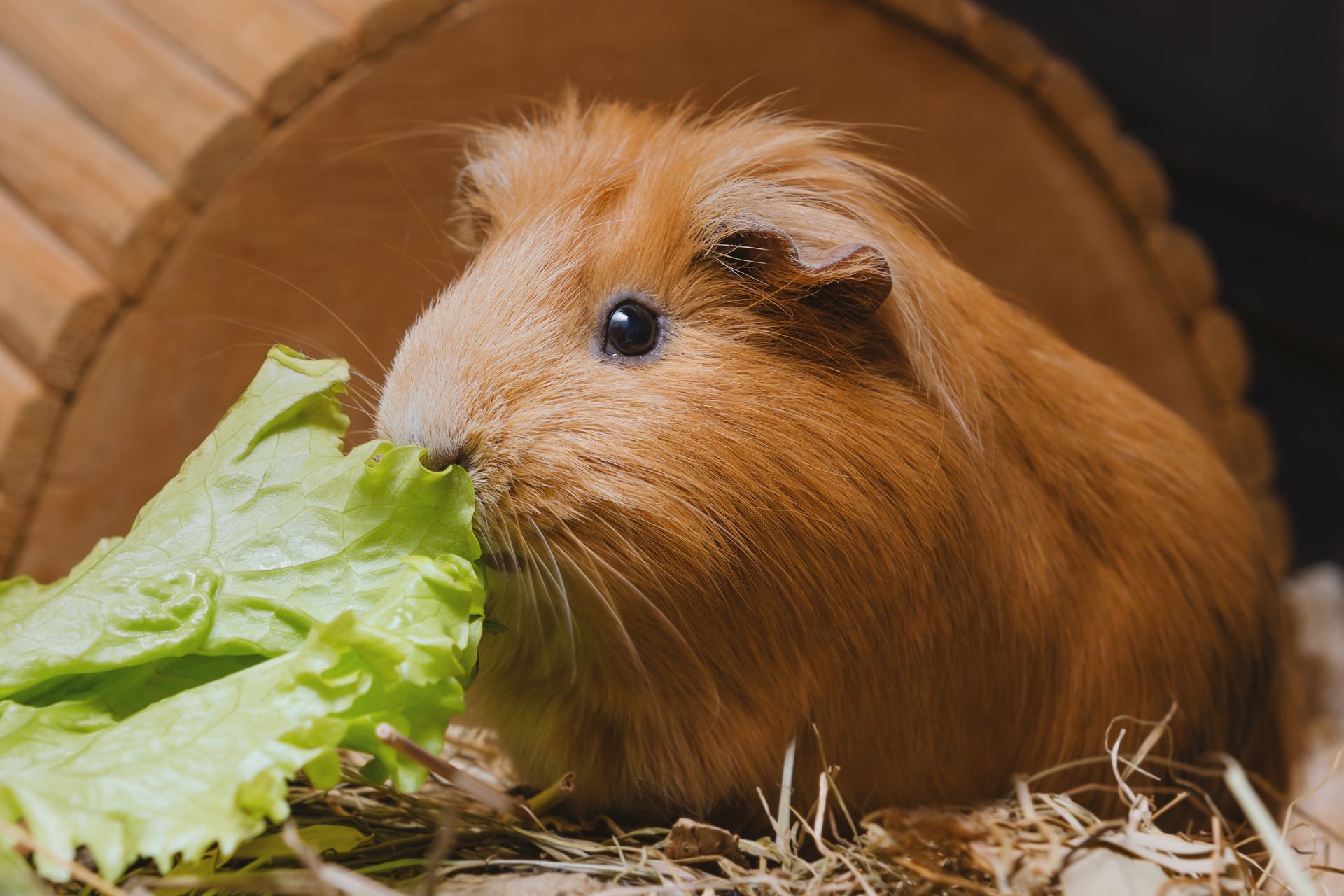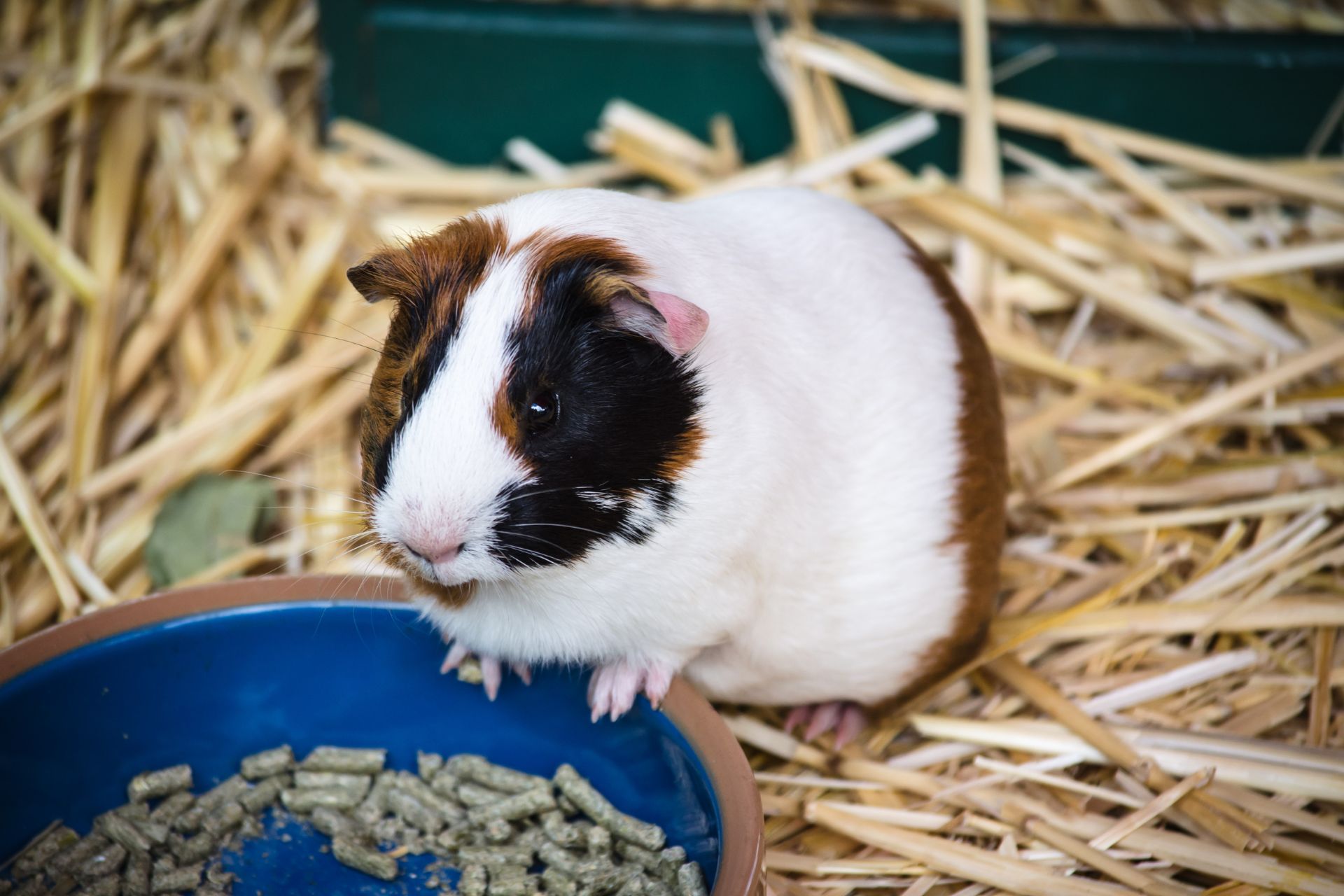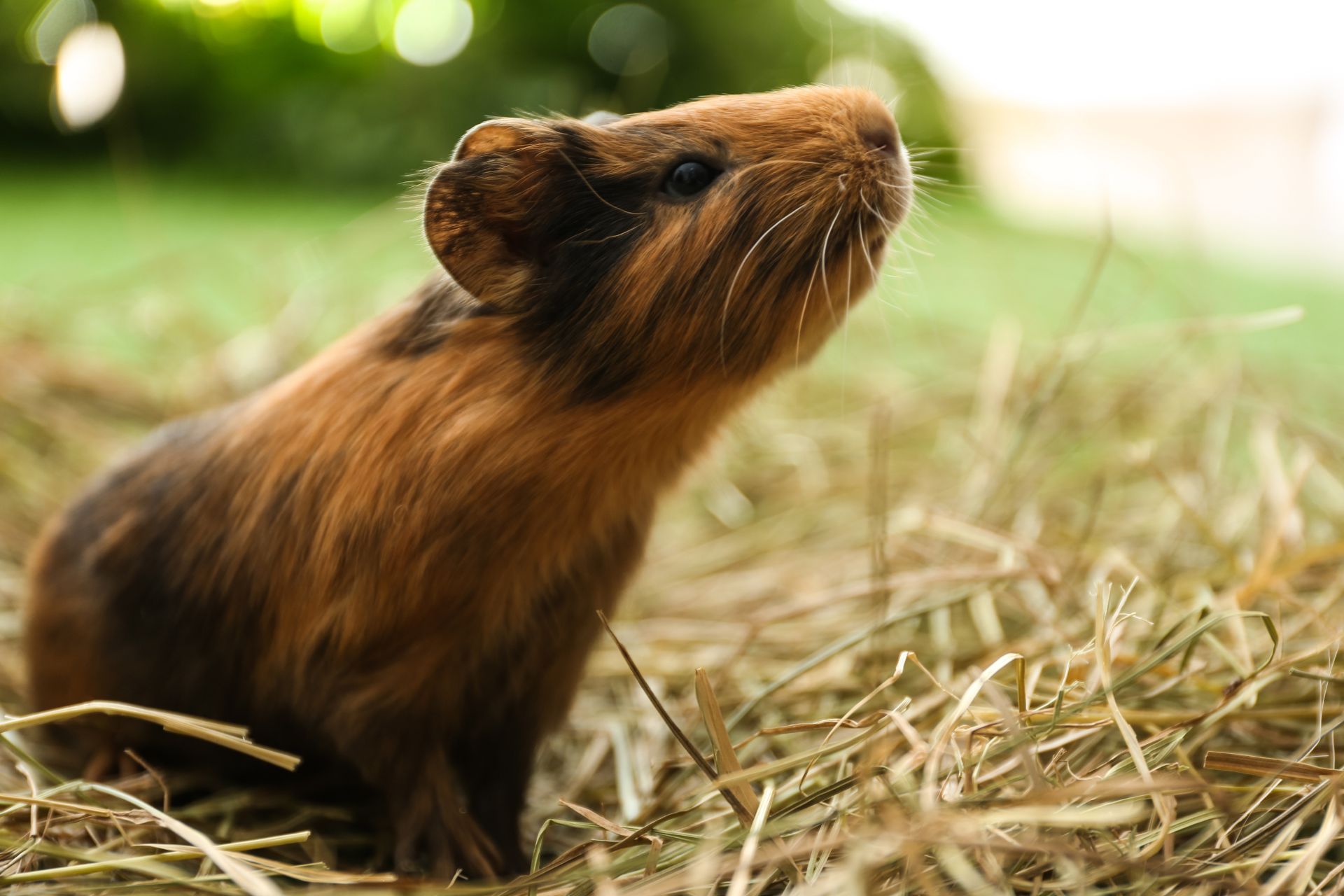Guinea pigs are herbivores and require a balanced diet for optimal health. Along with hay, fresh vegetables, and a small amount of pellets, fruits can be a healthy addition to a guinea pig’s diet. However, not all fruits are safe for guinea pigs to eat. In this article, we will explore the different fruits that guinea pigs can safely eat and those that they should avoid.
- Understanding the Nutritional Needs of Guinea Pigs
- Safe Fruits for Guinea Pigs to Eat
- Fruits to Avoid Giving to Guinea Pigs
- Preparing Fruits for Guinea Pigs
- Conclusion
- FAQs
Understanding the Nutritional Needs of Guinea Pigs
Before we delve into the specific fruits that guinea pigs can eat, it is essential to understand their nutritional needs. Guinea pigs have a sensitive digestive system, and their diet should consist of a high amount of fiber and Vitamin C.
Guinea pigs cannot produce Vitamin C on their own, which makes it essential to include this vitamin in their diet. Lack of Vitamin C can lead to scurvy, a condition that causes weakness, lethargy, and bleeding gums in guinea pigs.
Safe Fruits for Guinea Pigs to Eat
Some of the safe fruits that guinea pigs can eat include:
- Apples
- Strawberries
- Blueberries
- Melons
- Kiwis
- Pineapples
These fruits are rich in Vitamin C, fiber, and other nutrients that can help maintain good health in guinea pigs. However, it is crucial to keep in mind that fruits should be given in moderation, and not more than one to two times a week.
Here’s an example schedule:
| Fruit Name | Frequency |
| Apples | 1-2 times per week |
| Berries (strawberries, blueberries, raspberries) | 1-2 times per week |
| Grapes | 1-2 times per week |
| Melons (watermelon, honeydew, cantaloupe) | 1-2 times per week |
| Pineapple | 1-2 times per week |
| Mango | 1-2 times per week |
| Papaya | 1-2 times per week |
| Oranges | Occasionally (in small amounts) |
| Kiwi | Occasionally (in small amounts) |
| Pears | Occasionally (in small amounts) |
| Cherries | Occasionally (in small amounts) |
Remember to always introduce new fruits slowly and in small amounts, and to wash and remove any inedible parts before serving them to your guinea pig.
Fruits to Avoid Giving to Guinea Pigs
While some fruits are safe for guinea pigs to eat, others can be harmful. The following fruits should be avoided when feeding guinea pigs:
- Grapes and raisins
- Cherries
- Rhubarb
- Avocado
- Citrus fruits
These fruits can cause digestive problems, kidney failure, and other serious health issues in guinea pigs. Additionally, it is important to remove any seeds or pits from fruits as they can be a choking hazard.
Preparing Fruits for Guinea Pigs
Before giving fruits to guinea pigs, it is crucial to wash them thoroughly and remove any seeds or pits. It is also important to serve fruits in small pieces to avoid choking. Guinea pigs should be given fruits in moderation and as a treat, rather than a staple in their diet.
Conclusion
In conclusion, fruits can be a healthy addition to a guinea pig’s diet, but it is important to choose the right ones and serve them in moderation. Guinea pigs require a balanced diet that includes hay, fresh vegetables, a small amount of pellets, and fruits. Feeding the wrong types of fruits can have negative consequences on their health. By understanding which fruits are safe for them to consume, and how to prepare and serve them, we can ensure that our guinea pigs are receiving a balanced and nutritious diet.
FAQs
- Can guinea pigs eat citrus fruits?
No, citrus fruits are not safe for guinea pigs to eat. They can cause digestive problems and upset their stomach.
- How often should I give fruits to my guinea pig?
Fruits should be given to guinea pigs in moderation, about one to two times a week. They should not make up a large part of their diet.
- Can guinea pigs eat the seeds of fruits?
No, guinea pigs should not eat fruit seeds or pits. They can be a choking hazard and can cause digestive problems.
- Are dried fruits safe for guinea pigs?
Dried fruits are not recommended for guinea pigs. They are high in sugar and can cause dental problems.
- Can guinea pigs eat bananas?
Yes, bananas can be given to guinea pigs in small amounts. They are a good source of Vitamin C and fiber.











